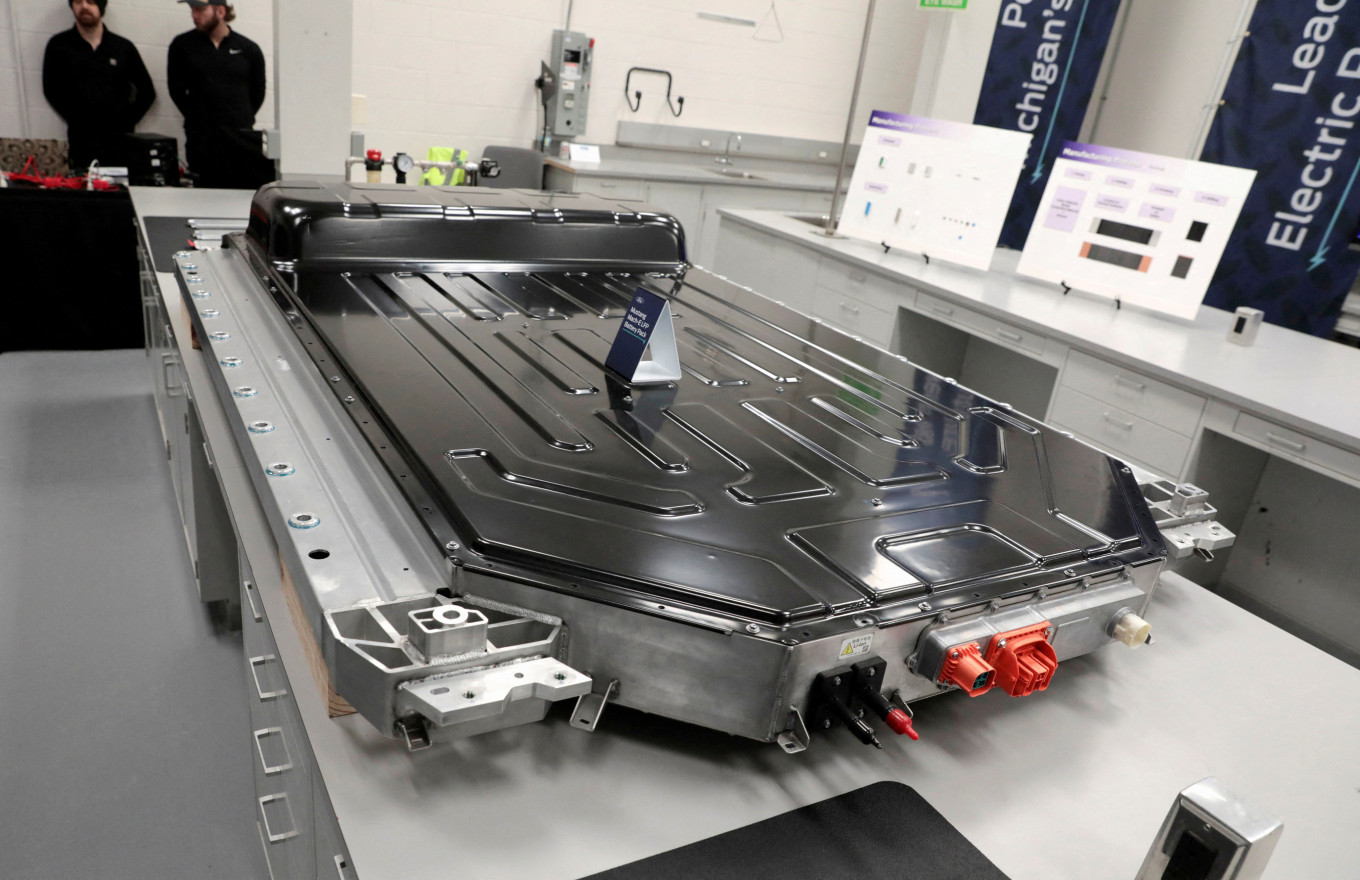Popular Reads
Top Results
Can't find what you're looking for?
View all search resultsPopular Reads
Top Results
Can't find what you're looking for?
View all search resultsStart-up Atlas raises $27 mln for new nickel technology for EV batteries
US-based Atlas said it has come up with a way to treat a type of nickel ore usually used as an ingredient in stainless steel into a form that can be used for EV batteries with low emissions and no waste.
Change text size
Gift Premium Articles
to Anyone
A
tlas Materials, which has developed a new technology to process low-grade nickel that can be used for electric vehicle batteries, has raised $27 million ahead of building a pilot plant in North America, the start-up firm said on Thursday.
US-based Atlas said it has come up with a way to treat a type of nickel ore usually used as an ingredient in stainless steel into a form that can be used for EV batteries with low emissions and no waste.
The company aims to launch production at a pilot plant at one of three possible sites in either Canada, or the United States, by 2027 with 1,800 metric tons of annual nickel output, CEO Jeremy Ley told Reuters.
Atlas came up with new technology to process saprolite nickel ores, which account for about a third of global nickel resources, into mixed hydroxide precipitate (MHP) for batteries, Ley added.
"This would be the first production of MHP in North America," he said.
Saprolite ores are usually turned into ferronickel for use in stainless steel.
The company expects to source ore from New Caledonia and has had discussions with major mining firms about possible future collaboration, Ley said.
The new processing technology uses hydrochloric acid and caustic soda to leach the ore, but does not need high pressure or high temperatures and does not result in waste products.
The processing of ore into MHP results in two byproducts, magnesium hydroxide and a material that can be substituted for Portland cement in buildings, both of which can be sold, Ley said.
"We have no waste and we can take all the products to market and use up all of the ore instead of creating large tailing ponds," Ley said.
The technology has nearly zero carbon dioxide emissions.
Some processing plants have been launched in Indonesia using high-pressure acid leaching (HPAL) to treat a similar type of nickel ore into MHP for batteries, but that technology produces toxic waste.
The president of Indonesia, which has the world's largest nickel reserves, in March pledged an environmental clean-up.
Investors in the Series A Funding round for Atlas included the Grantham Environmental Trust and Voyager Ventures, bringing total financing for the company to $33 million, Ley said.
The money will be used for engineering and design work for the pilot plant but further funding will be needed to actually build it, he added.











